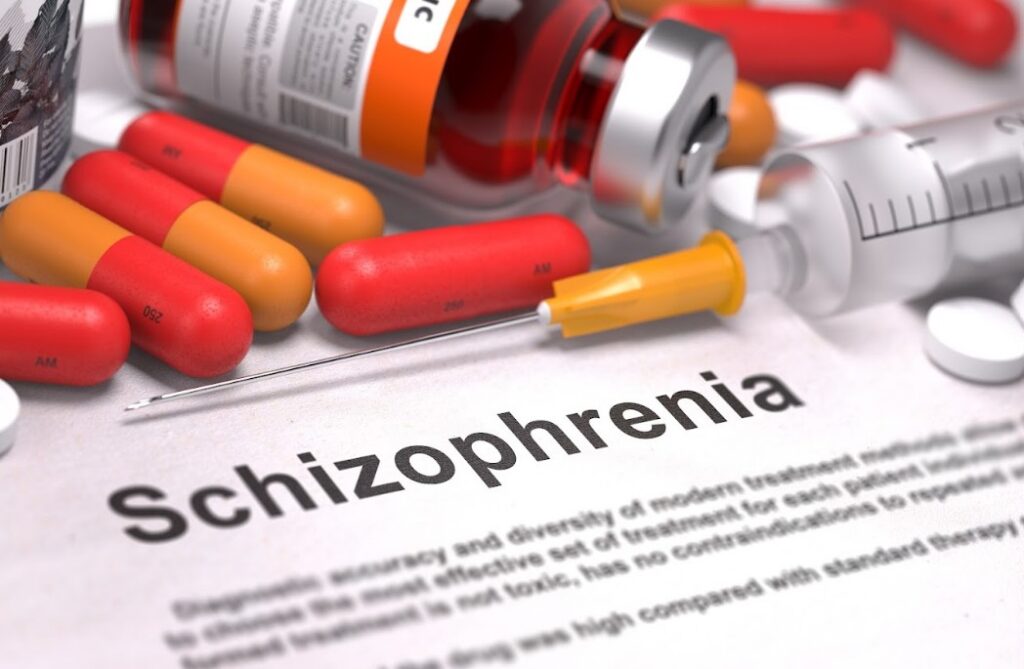
Schizophrenia is a chronic and severe mental disorder that affects approximately 1% of the population worldwide. It is a complex condition that can be challenging to diagnose and treat. Schizophrenia can lead to a significant reduction in quality of life for those who suffer from it and can have a profound impact on their families and loved ones. In this article, we will provide an overview of schizophrenia, including its symptoms, causes, and treatment options.
What is Schizophrenia?
Schizophrenia is a mental disorder that affects a person’s ability to think, feel, and behave clearly. It is a chronic condition that typically develops in early adulthood and lasts for a lifetime. Schizophrenia affects men and women equally and can occur in people of all ethnicities and cultural backgrounds.
Symptoms of Schizophrenia
Schizophrenia symptoms can be classified into three categories: positive symptoms, negative symptoms, and cognitive symptoms.
Positive Symptoms
Positive symptoms are experiences or behaviors that are present in individuals with schizophrenia but not in the general population. Positive symptoms can include:
-
- Hallucinations: Hearing, seeing, or feeling things that are not there.
-
- Delusions: False beliefs that are not based on reality.
-
- Thought disorders: Difficulty organizing thoughts or making sense of them.
-
- Movement disorders: Unusual movements or postures.
Negative Symptoms
Negative symptoms refer to a reduction or absence of normal functions. Negative symptoms can include:
-
- Lack of emotion or expression: A reduced ability to show emotions through facial expressions or tone of voice.
-
- Reduced motivation: A lack of drive or ambition to complete tasks.
-
- Social withdrawal: A reduced desire to engage in social activities or interactions.
Cognitive Symptoms
Cognitive symptoms affect a person’s ability to think, learn, and remember. Cognitive symptoms can include:
-
- Difficulty with memory: Difficulty recalling information or learning new information.
-
- Difficulty with attention: Difficulty focusing on tasks or activities.
-
- Difficulty with decision-making: Difficulty making decisions or solving problems.
Causes of Schizophrenia
· The causes of schizophrenia are not fully understood, but research suggests that a combination of genetic, environmental, and brain chemistry factors may contribute to its development.
· Genetic Factors
· Studies have found that schizophrenia tends to run in families, suggesting that there may be a genetic component to the condition. However, no single gene has been identified as the sole cause of schizophrenia.
· Environmental Factors
· Environmental factors that may contribute to the development of schizophrenia include:
· Prenatal exposure to viruses or malnutrition
· Early childhood trauma or abuse
· Substance abuse
· Brain Chemistry Factors
· Research has also shown that people with schizophrenia have imbalances in certain brain chemicals, including dopamine and glutamate.
Treatment Options for Schizophrenia
· Schizophrenia is a treatable condition, but there is no cure. Treatment typically involves a combination of medication, psychotherapy, and support from family and loved ones.
Medication
· Antipsychotic medication is the primary treatment for schizophrenia. These medications work by blocking the effects of dopamine in the brain, which can help reduce hallucinations, delusions, and other symptoms of schizophrenia.
Psychotherapy
· Psychotherapy can be a helpful addition to medication treatment. Cognitive behavioral therapy (CBT) can help people with schizophrenia learn coping skills and strategies to manage symptoms and improve their overall quality of life.
· Support from Family and Loved Ones
· Support from family and loved ones is essential for people with schizophrenia. Family therapy can help families learn how to support their loved one and cope with the challenges of the condition.
Conclusion
Schizophrenia is a complex and challenging mental disorder that affects many people worldwide. While there is no cure for schizophrenia, treatment can help manage symptoms and improve overall

Follow us